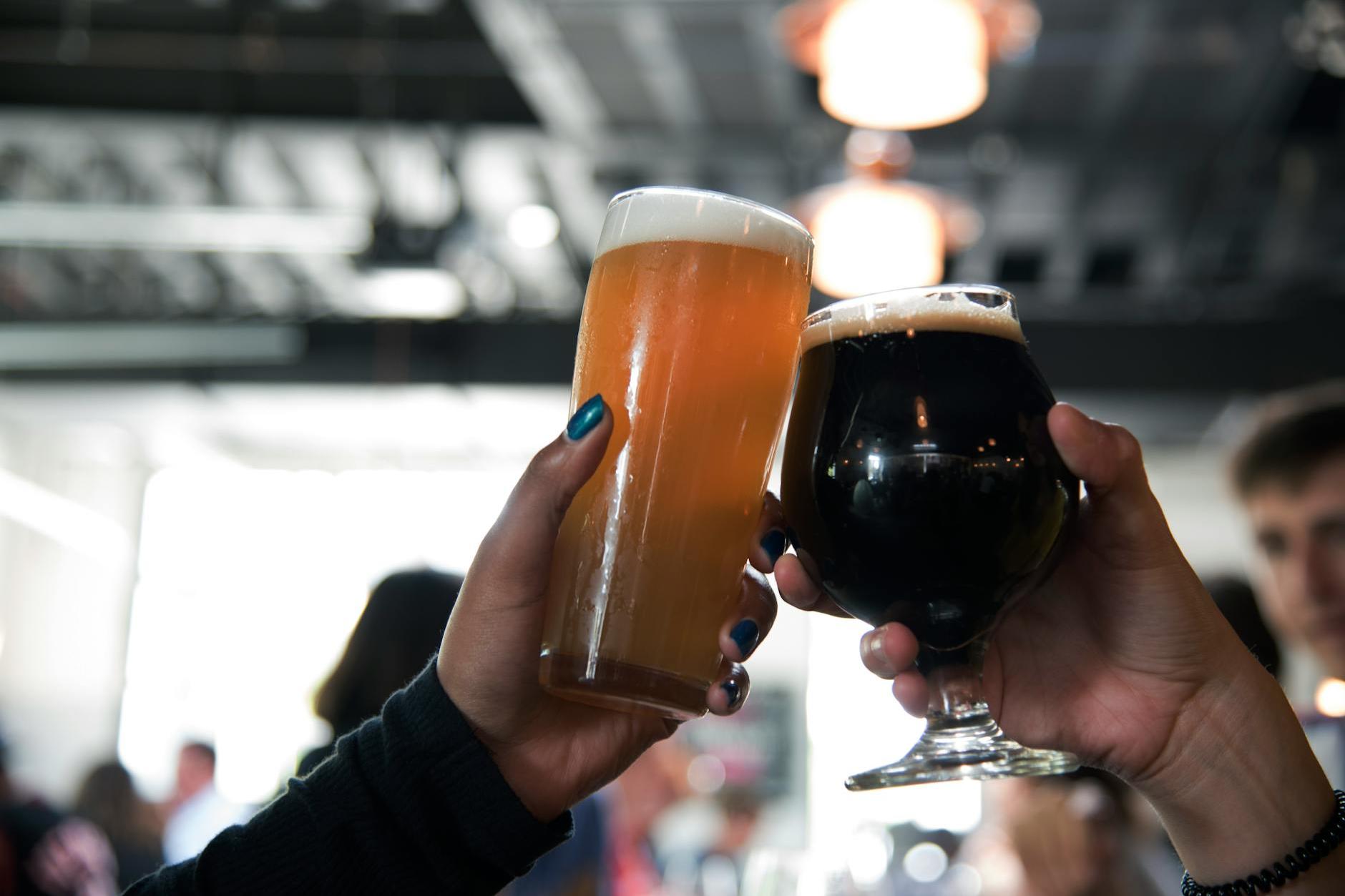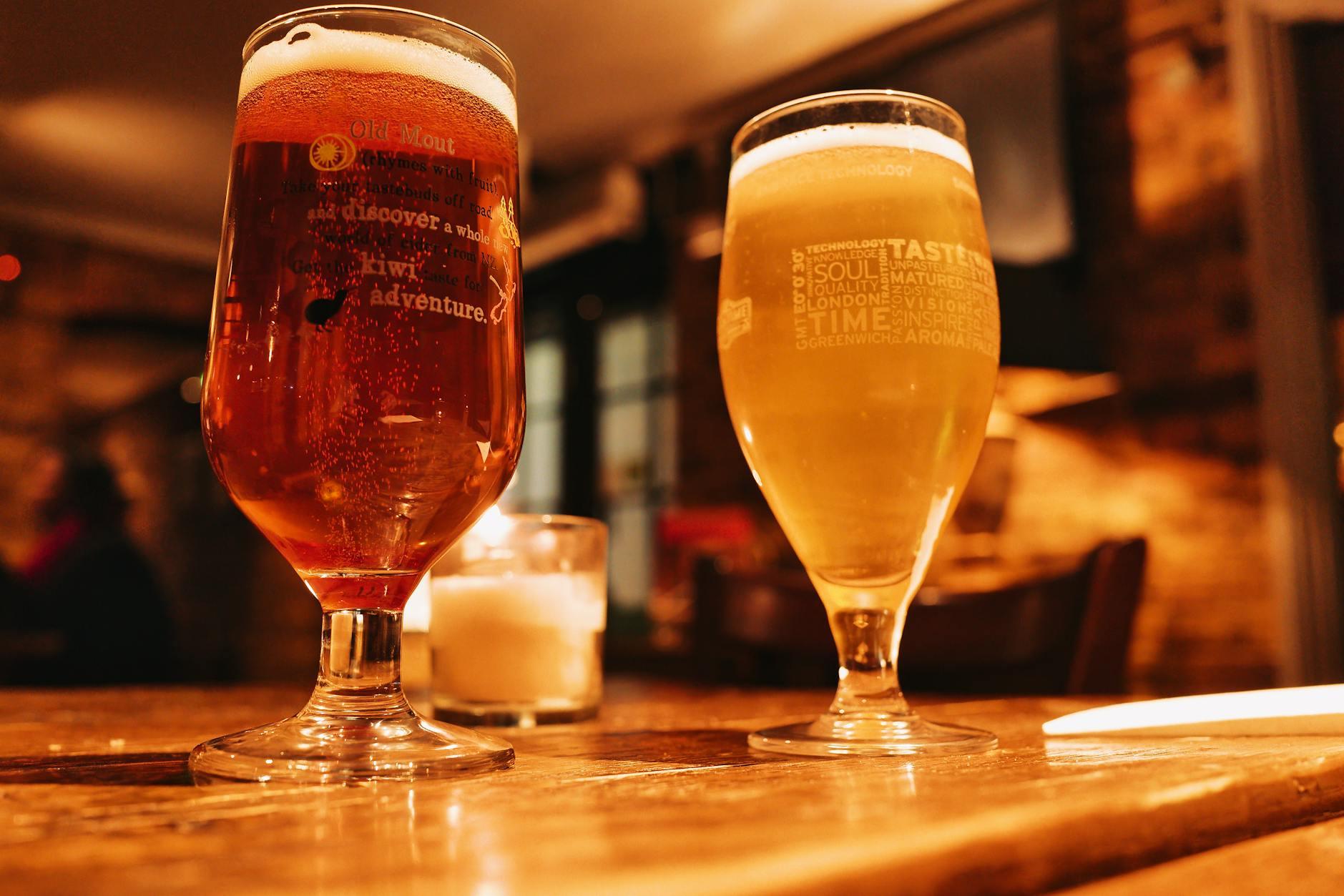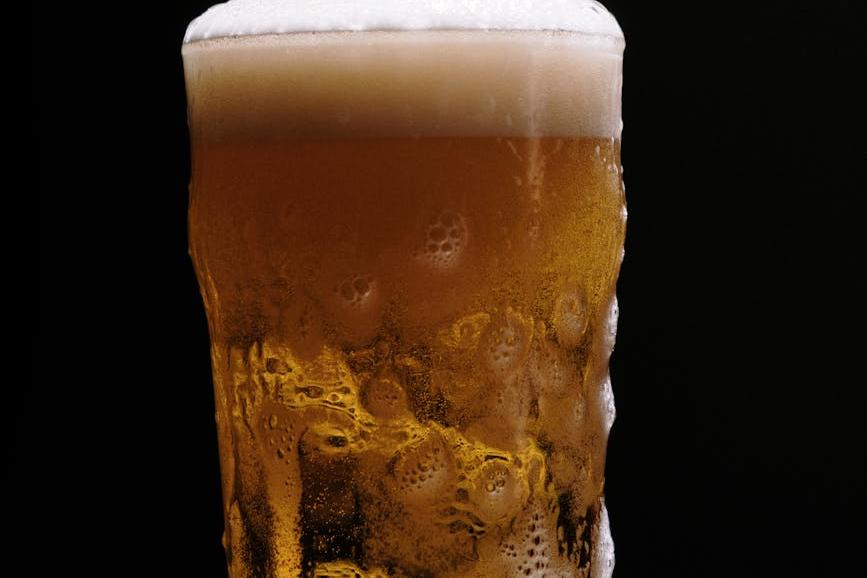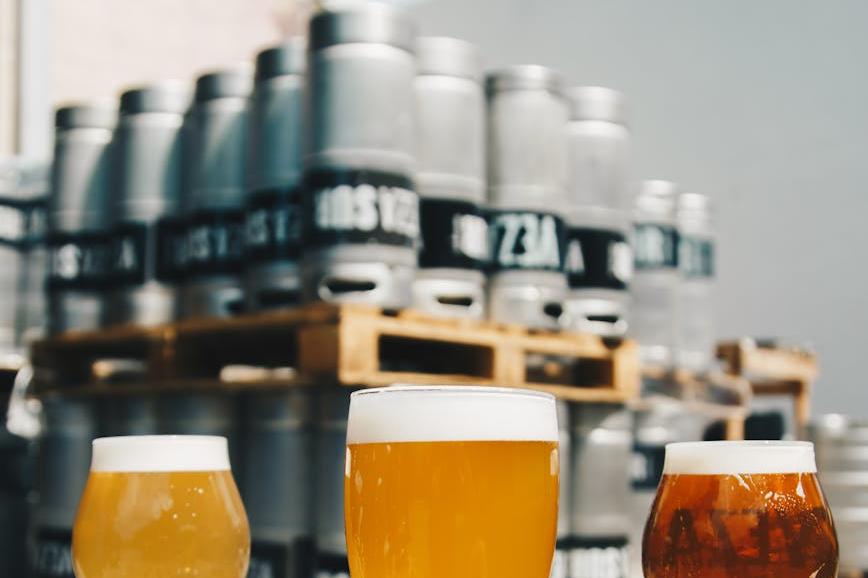- Shanghai Zhongshen International Trade Co., Ltd. - Two decades of trade agency expertise.
- Service Hotline: 139 1787 2118
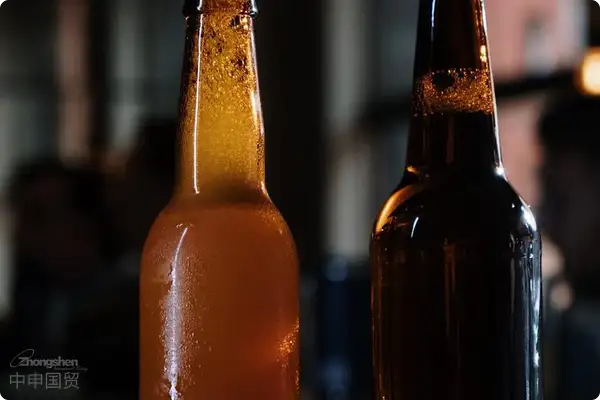
Contents
ToggleWhen Craft Beer Meets HS Code: The Cost of Choosing the Wrong Agent
Last summer, an importer mistakenly declared a shipment of German craft beer as "other fermented beverages," resulting in the entire container being held at customs for 28 days. Such losses caused by HS code classification errors are precisely the most overlooked yet fatal pitfalls when selecting an agency company. As a "seasoned veteran" with 20 years of deep industry experience...foreign trade"I'd like to use three real-life cases to help you navigate around the 'deep waters' hidden in contract clauses."
Qualification Review: Three Documents More Important Than a Business License
In 2019, an importer collaborated with a "Double A-rated" agent, but due to the agent's lack of backup for the automatic import license for alcoholic beverages, Belgian white beer was returned. A truly professional agency must possess:
- Food Business License (Special Category for Alcoholic Beverages): Please verify whether the license scope includes the classification of distilled spirits/brewed spirits.
- List of Registered Overseas Manufacturers for Imported Food: The 2025 new edition requires the addition of original HACCP certification documents.
- Certificate of Bonded Warehousing Capacity: Especially for barrel-aged craft beer that requires constant temperature storage.
Supply Chain Stability Test: Heavy Rain Weather is the Best Touchstone
During the 2024 typhoon season, an agent's promised "72-hour customs clearance" proved utterly ineffective when faced with reality. It is recommended to conduct on-site inspections at three critical junctures:
- Port Operations: Check whether there is a self-owned container yard management system.
- Cold chain linkage: Requires provision of temperature control record curves for the most recent 6 months.
- Emergency Plan: Inquire about alternative transportation solutions in response to the EU port strikes.
Customs clearance time ≠ total lead time: Three easily overlooked time black holes
A Japanese beer importer once experienced a 45-day delay due to label pre-approval. Here's a practical comparison table to share:
| Link | Conventional Handling | Professional agency handling |
|---|---|---|
| Pre-approval of Chinese labels | 14-20 business days | 3 business days (preliminary review channel) |
| Alcohol concentration detection | Sample submission within 7 days | Complete before arrival. |
| Excise tax declaration | Calculate on a per-ticket basis | Batch Tax Calculation System |
Hidden costs: Those expenditure items not specified in the contract.
In 2023, an importer, unaware of these hidden costs, ultimately saw an 8% reduction in profit margin:
- Differences in Demurrage Calculation Formulas: Daily Billing VS Hourly Billing
- Special Packaging Handling Fee: Management of the Validity Period for Wooden Pallet Fumigation Certificates
- Sample Loss Compensation: Repackaging Standards After Unboxing Inspection
Selection suggestion: Three details that must be verified on-site
Finally, here's the on-site inspection checklist for all the bosses:
- Check whether the customs broker management system can automatically identify the regulatory conditions for alcoholic beverages.
- Please demonstrate the real-time exchange rate locking feature of the cross-border payment system.
- Check the customs clearance records of similar products from the past three months (note the handling of commercial confidentiality).
I remember back in 2018 when helping a client handle that batch of British beer stuck in the bonded zone, we discovered the root cause was actually the agency company using the wrong previous version of the "import and exportCustoms Tariff. When selecting a partner, professional depth often lies in the details that require a decade of experience to foresee. Next time you evaluate an agency, consider conducting a "stress test" with specific product information—after all, true gold fears no fire.
Related Recommendations
Contact Form
? 2025. All Rights Reserved. Shanghai ICP No. 2023007705-2  PSB Record: Shanghai No.31011502009912
PSB Record: Shanghai No.31011502009912

